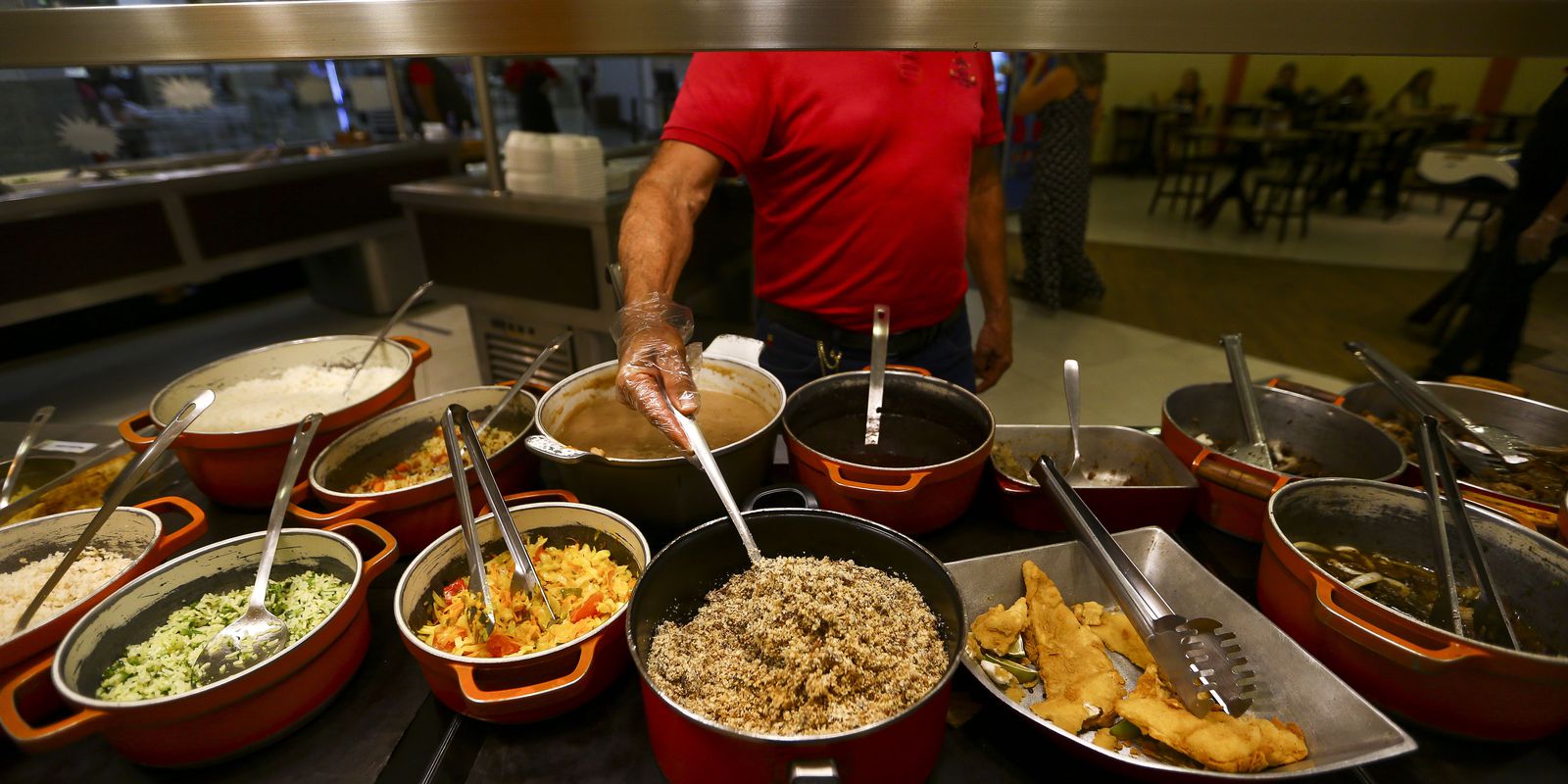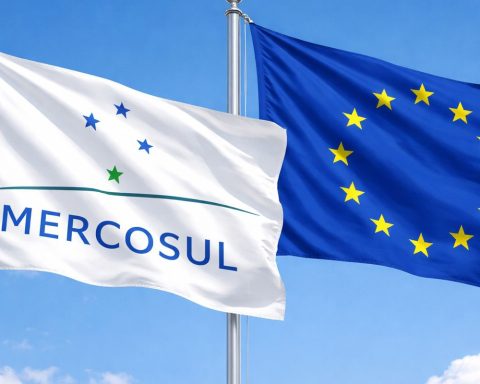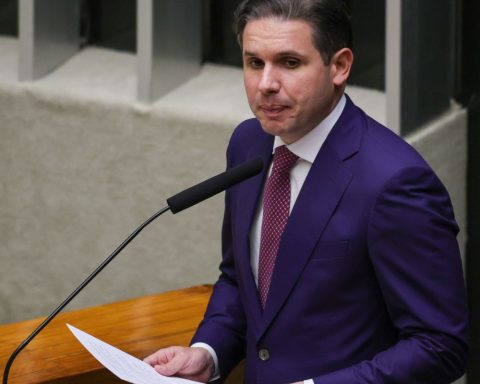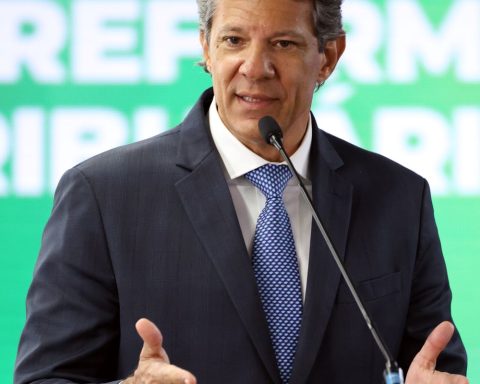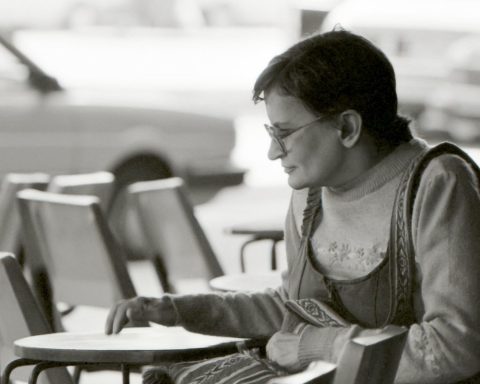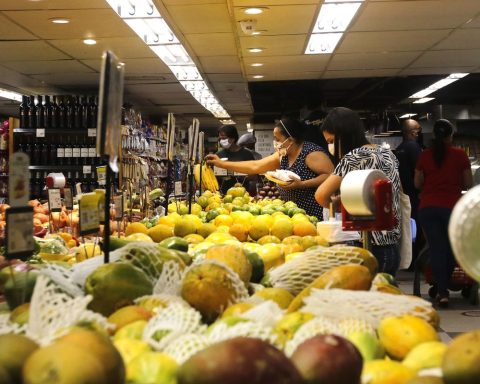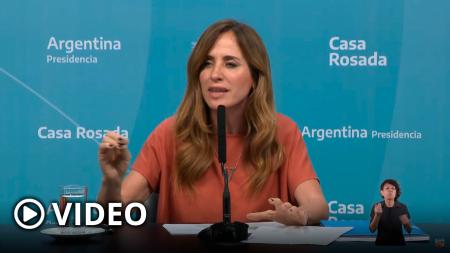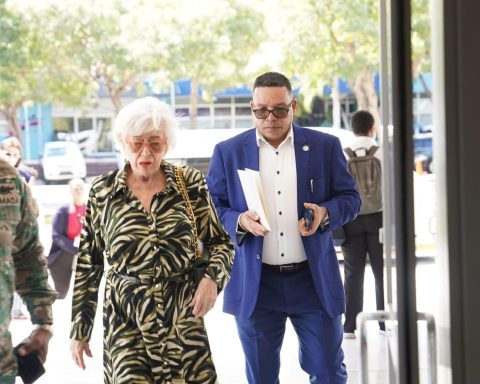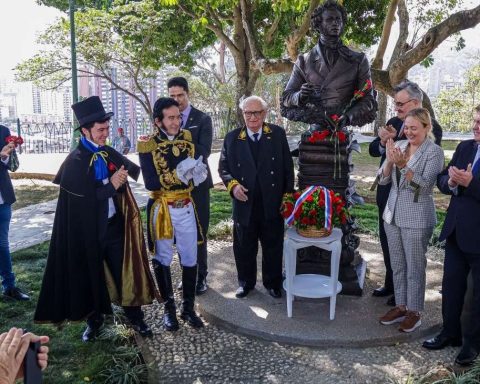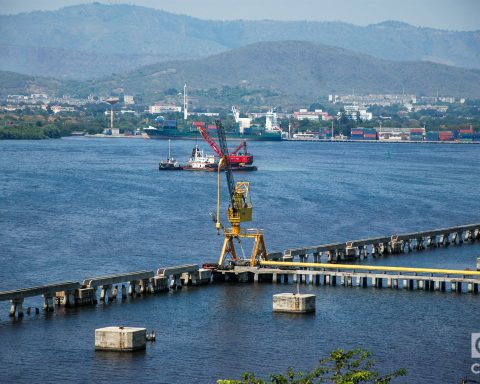Official inflation, measured by the Extended National Consumer Price Index (IPCA), should close 2023 at 4.9%, according to a forecast by the Institute for Applied Economic Research (Ipea). The projection is the same for the National Consumer Price Index (INPC), which measures the change in the shopping basket for families with incomes of up to five minimum wages.
Both indicators are released monthly by the Brazilian Institute of Geography and Statistics (IBGE). According to Ipea, for this year, the forecast is that the IPCA will remain at 5.7% and the INPC close at 6%.
According to Ipea’s forecast for the IPCA in 2023, food consumed at home should become 5.2% more expensive, while other products should have inflation of 3.3%.
Services should have inflation of 5.4%. Analyzing only education services, the forecast is for a 5.7% increase in prices. The IPCA for monitored services should close at 5.6%, according to Ipea.
“Even in view of the expectation of favorable behavior of oil prices in the international market and a comfortable water scenario, it is estimated that the deflation presented for administered prices in 2022 will be reversed throughout 2023. In addition to the contractual readjustments of energy distributors and health plan operators, the more accentuated recomposition of public transport tariffs should put pressure on this price group next year”, informed the Ipea, through a note.
At the same time, the prospect of falling prices of commodities in the international market and the normalization of production chains should prevent “additional pressures on the prices of industrial goods and food”.
Food prices should also experience less intense hikes due to factors such as the projection of a record grain harvest and the low probability of adverse weather events.
The expectation of a more moderate growth in economic activity next year should bring about an accommodation in the job market and a consequent cooling off in demand, which should cause a deceleration in the prices of free services.
